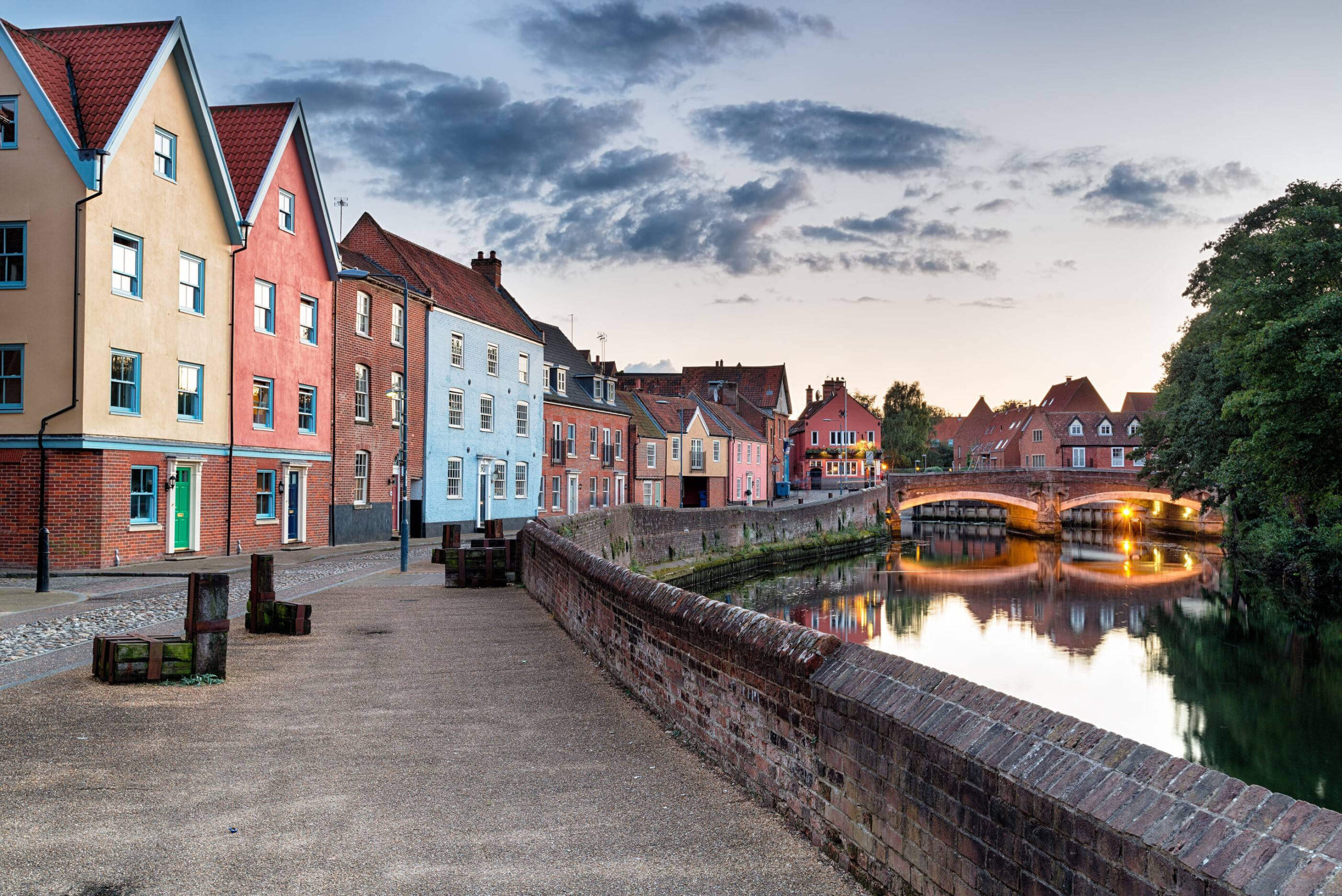
Mansion Tax – Is this the way to go?
Recently, both Labour and the Liberal Democrats have proposed the introduction of the controversial mansion tax, which would see those living in properties worth more than £2m facing an annual charge should either party win next year’s General Election.
With a backlash from both party back benches and conflicting reports from key party members on how each party would implement the tax, confusion has abounded in Labour’s ranks, while Nick Clegg has been accused of carrying out a U-turn as he now proposes higher council tax bands instead.
Such confusion shows how potentially unfair and undoubtedly complicated various property taxes are. A revamp to the whole system is therefore more than overdue.
The main issue critics have with the mansion tax regards its fairness. For example, should those that are asset rich but cash poor be forced to pay the tax? A couple in their sixties, say, may have been living in their house in London for 30 years and have seen the value of said house rise above £2m (through no fault of their own). Their property may be valued highly in the current market conditions, but that doesn’t necessarily mean they are multi-millionaires with tonnes of disposable income.
The mansion tax is supposed to hit the richest in society, but critics say that might not necessarily be the case if all properties over the £2m threshold are treated the same. Detractors also allege that the tax is a misnomer as 10% of those properties in London that are valued at over £2m are in fact one or two bedroom flats, not mansions at all.
A recent survey hosted by Rightmove showed that 52% actually agreed that a mansion tax on people with homes valued at over £2m would be fair. With around 88% of these residential properties over £2m being located in London or the South East, it could be argued that many respondents outside of this area could be falling into the Politics of Envy where they believe those in £2m+ properties are living an affluent lifestyle far in excess of their own whereas the reality is often very different, especially when you consider the £2m+ 1 and 2 bedroomed flats.
Scotland is taking a different approach. According to the government’s draft budget for 2015-16, the New Land and Buildings Transaction Tax (LBTT) is set to replace Stamp Duty. The new rates, the first to be introduced in Scotland in 307 years, will only be payable on the portion of the total value which falls within each band. The proposal is designed to help first-time buyers and benefit those at the lower end of the property market.
The Scottish LBTT bands are as follows:
£135,000 and below, pay nothing
£135,001 – £250,000 (2%)
£250,001 – £1,000,000 (10%)
£1,000,000 and above (12%)
To put this into context, a house worth £140,000 would face a tax of £100 (£1,300 less than stamp duty), a £260,000 would face a £3,300 tax (£4,500 less than stamp duty), a house valued at £500,000 would face a £27,300 tax (£12,300 more than stamp duty), and a house worth £1.2m would face a tax of £101,300. If people see the system as more fair, the number of people using avoidance schemes may well decrease.
We believe different taxes need to work together for one solution, instead of allowing people to be taxed twice. For example, stop the unfairness of a home worth half a million pounds paying the same level of council tax as a home worth £50m. Council tax, the system of local taxation used in England, Scotland and Wales to part fund the services provided by local government in each country, was introduced in 1993 to replace the vastly unpopular Community Charge (otherwise known as the poll tax). As of 2011, the average annual levy on a property in England was £1,196.
The current bands state that a house with a value of up to £40,000 pays an average of £845 in council tax, whilst a house valued at £320,001 and above pays £2,536. The Lib Dems now propose that adding higher bands of council tax will improve fairness and will be more effective than a mansion tax.
Whatever the outcome may be, 2015 looks set to be an interesting year as buyers, sellers and agents alike await the outcome of the General Election which is sure to affect the property market in a variety of ways.





